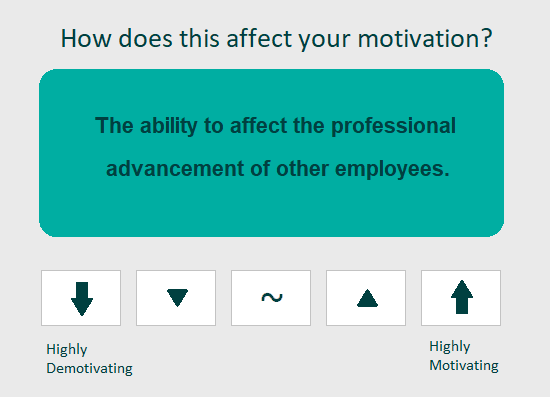

SHL Motivational Questionnaire - Complete Guide and Prep [2024]
The SHL Motivational Questionnaire is a seemingly simple test that takes only 25 minutes and doesn’t require you to overthink (the test instructions literally say so).
However, if you want to succeed on this test, you must understand the complex backstage of how the SHL MQ evaluates you through its 18 motivational factors.
The following guide will give you everything you need to know to pass this assessment, including sample questions, preparation guidelines, and tips.
In addition, you may gain access to the only complete preparation plan for the SHL MQM5.
SHL Motivational Questionnaire Less ContentSHL MQM5 Preparation
24 hour
customer service
JobTestPrep is a leading test prep company that offers accurate practice simulations and preparation guides since 1992, including for SHL assessments. JobTestPrep is not affiliated or in business with SHL™ in any way. If you have any additional questions about the assessments, feel free to send us an email, we usually reply within 24 hours.

Shlomik, SHL Tests Expert at JobTestPrep
Have a question? Contact me at:
ask_the_team@jobtestprep.co.uk
The SHL Motivational Questionnaire (also referred to as SHL MQ or MQM5) is a 150-question self-report personality test, designed to assess what motivates you at work. It will usually complement cognitive SHL tests or the SHL Personality Test (OPQ32).
In the test, you will be presented with approximately 150 short statements and need to rank how they affect your motivation at work.
The test is untimed, but you should expect it to take around 25 minutes.
Here’s what the test questions generally look like. Further below we discuss how to answer this question.

Here are two SHL Motivational Questionnaire sample questions, adapted from an actual SHL MQ test:
How does this affect your motivation at work?
The ability to affect the professional advancement of other employees.
This question relates to the Power motivation factor, one of 18 motivation factors assessed by the SHL MQM5.
The Power motivational factor describes how an authoritative position and ability to influence affect your motivation at work.
It is highly sought after in management positions but is considered far less desirable when it comes to team members or administrative roles.
As such, if you are applying to a management position, it is recommended to indicate Power-related statements as highly motivating.
Neutral or demotivating responses are recommended for positions requiring more rule compliance and cooperation.